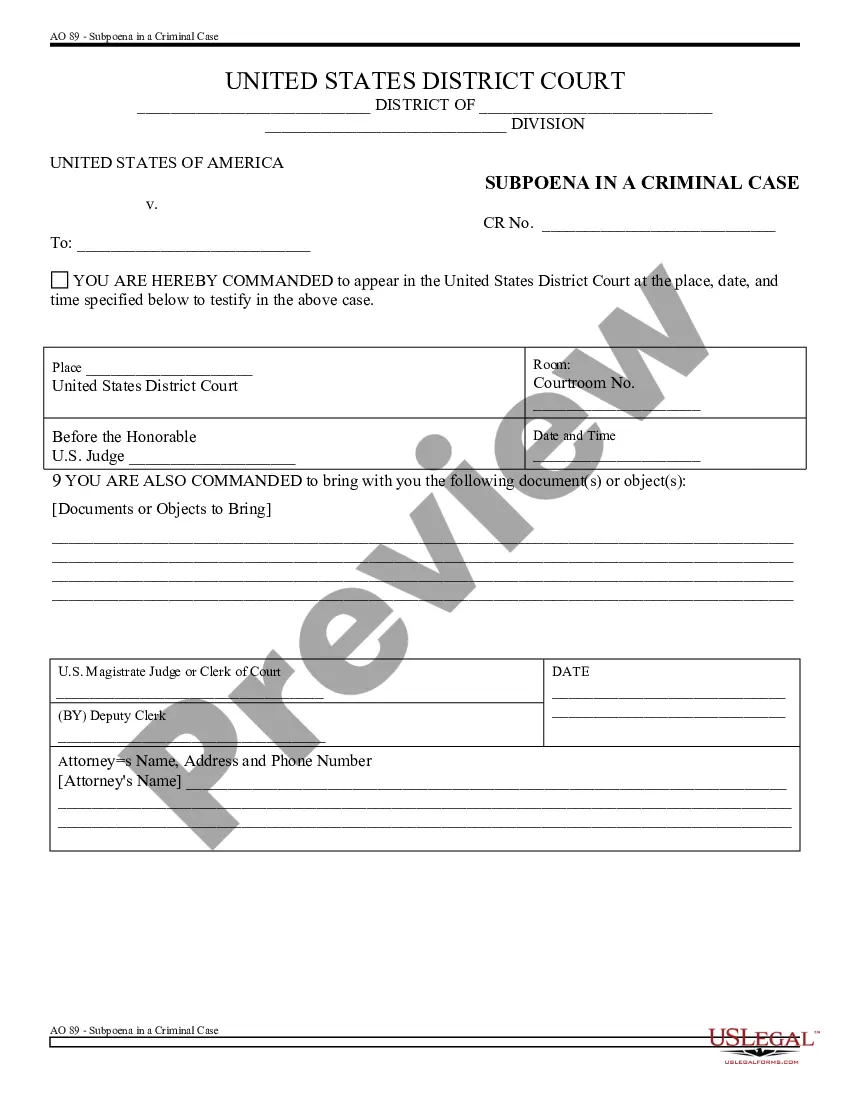
Introduction
Subpoenas play a crucial role in legal proceedings, acting as tools for compelling witnesses to testify and documents to be produced in court. Understanding subpoenas is essential for legal professionals, individuals involved in lawsuits, and the general public. Their implications can significantly influence the outcomes of cases, making it important to be informed about how they operate in the Canadian legal system.
What is a Subpoena?
A subpoena is a formal legal document issued by a court or a legal authority that orders an individual to appear as a witness or to produce evidence. In Canada, subpoenas are governed by the Criminal Code and the rules of civil procedure, depending on the type of case involved. They can be categorized into two main types: subpoena ad testificandum, which compels a witness to testify, and subpoena duces tecum, which requires the production of documents or other evidence related to the case.
Recent Developments
In light of several high-profile legal battles, subpoenas have gained increased attention in recent months. For instance, the ongoing investigations related to political events and corporate governance have seen the use of subpoenas to gather testimony and documents from key figures. These actions highlight the importance of accountability and transparency, particularly when significant public interest is involved.
In particular, the recent case involving the Canadian government and potential wrongdoing has seen multiple subpoenas issued. This case has provided public insight into how subpoenas can drive legal inquiries and increase pressure on individuals to cooperate with investigations, thereby shaping the judicial process.
Legal Consequences
Failure to comply with a subpoena can result in serious repercussions. In Canada, individuals who ignore, refuse, or fail to comply with a subpoena may face contempt of court charges. This can lead to fines or even imprisonment in severe cases, underscoring the necessity for individuals to take these legal documents seriously.
Conclusion
As subpoenas continue to play a pivotal role in legal proceedings, understanding their purpose and implications is vital for anyone navigating the legal system. Their use in recent high-profile cases demonstrates the continuing need for transparency and accountability in both public and private sectors. Looking ahead, as legal challenges become more complex, the use of subpoenas is likely to increase, reinforcing their significance in ensuring fair trials and justice in Canada.



